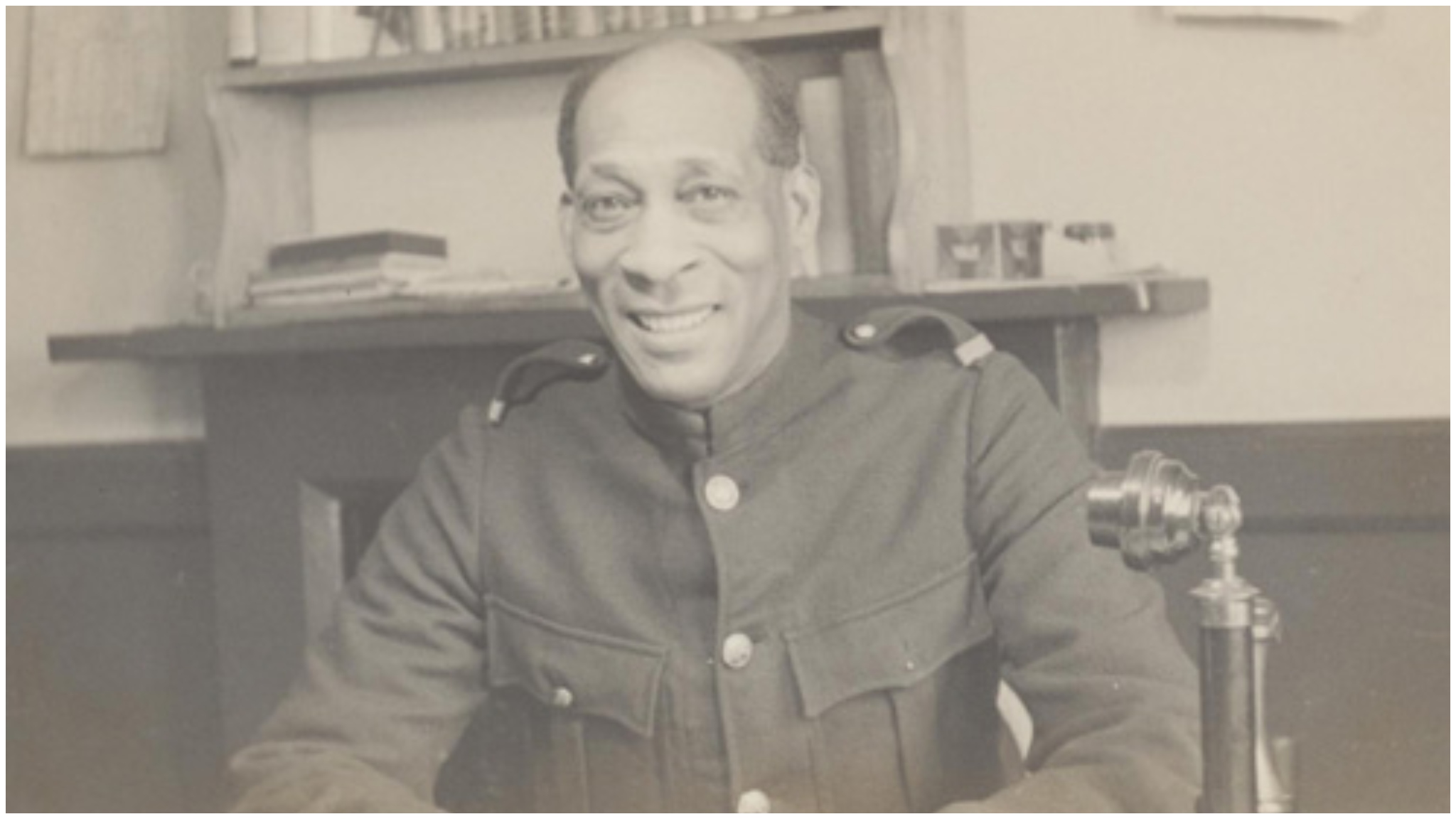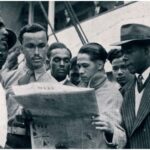London’s First Black Firefighter and Wartime Hero
George Arthur Roberts changed the face of the London Fire Brigade. In 1938, he became the first Black man to join the London Auxiliary Fire Service. During the Second World War, he served at New Cross Fire Station, where he helped save lives through air raids and fires.
Roberts was not just a firefighter. In 1944, he was awarded the British Empire Medal (BEM) for his service. The medal was given for his work in education and leadership within the Fire Service. King George VI presented it to him at Buckingham Palace.
A Brave Soldier on the Western Front
Before becoming a firefighter, Roberts was a soldier in World War I. He was born in Trinidad in 1891 and moved to England in the early 1910s. When war broke out, he joined the British Army and fought in the Battle of Loos in 1915.
He also took part in the deadly Battle of the Somme. After being wounded, he returned to Trinidad and helped recruit 250 more men for the British Army. Once back in England, he settled in Camberwell, South London, where he lived for the rest of his life.
Lifelong Activist for Veterans and Black Communities
Roberts didn’t stop serving his community after the war. He worked with the National Federation of Discharged and Demobilised Sailors and Soldiers. Later, he helped form the Royal British Legion, where he served as President of the Camberwell Branch.
In 1931, he became the founding chairman of the League of Coloured Peoples. This group supported Black communities in Britain and ran until 1947. His leadership helped lay the foundation for later civil rights movements in the UK.
Honors and Legacy That Still Inspire
Roberts’ impact is still remembered today. In 2016, a Blue Plaque was placed outside his former home in Camberwell. His great-granddaughter, Samantha Harding, attended the event and shared how proud the family is of his legacy.
In 2018, the London Fire Brigade added a red plaque at New Cross Fire Station. Firefighters, politicians, and community leaders came together to honor him. “George’s legacy has led to there being members of Caribbean and other diverse communities in the Brigade today,” said Watch Manager Micky Nicholas.





